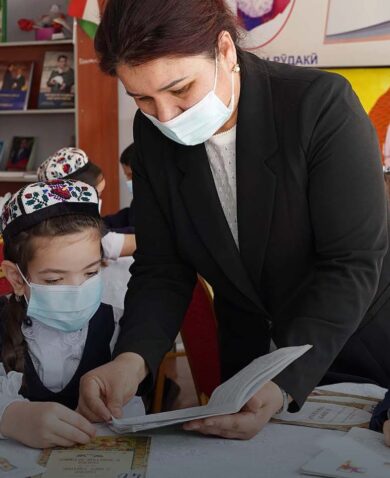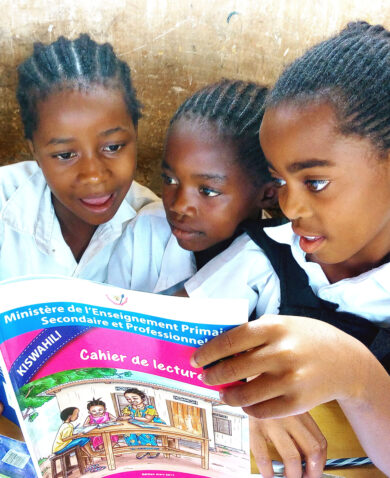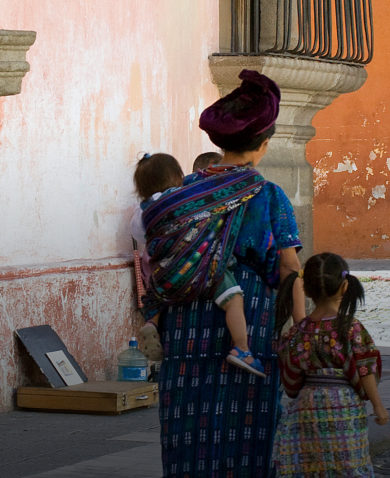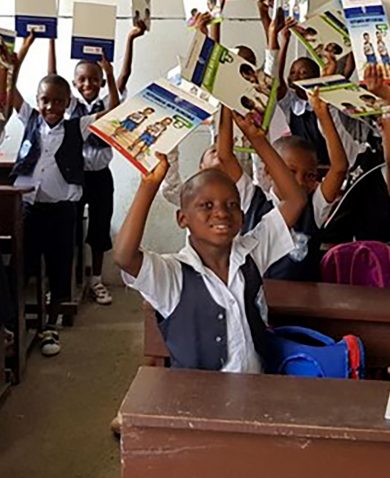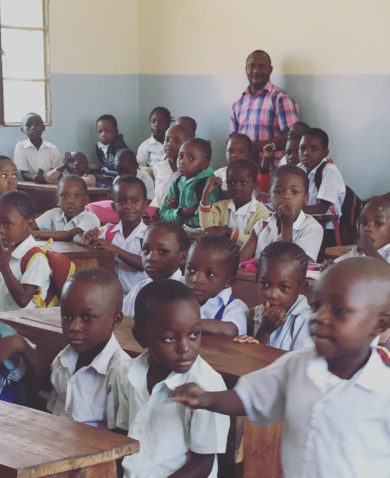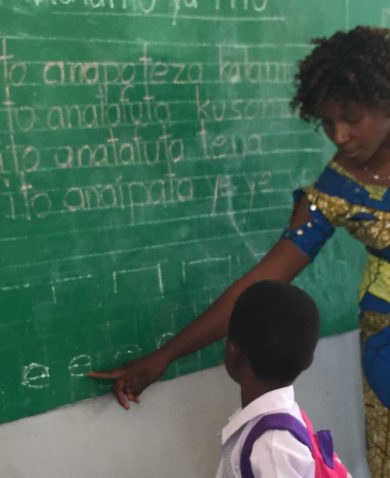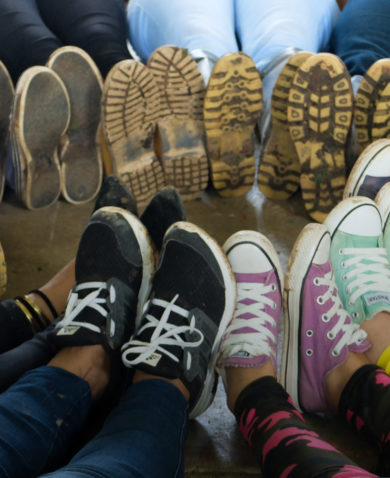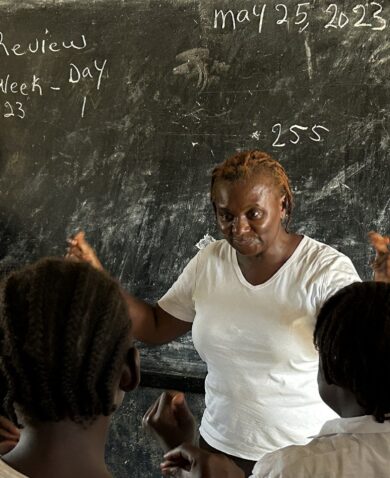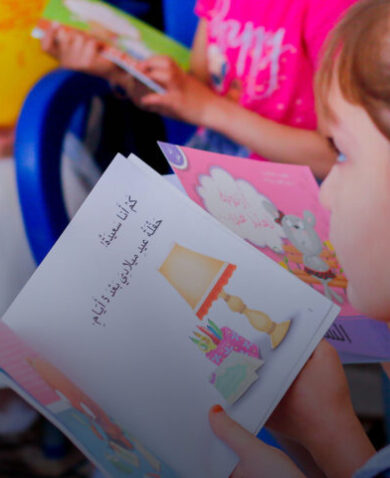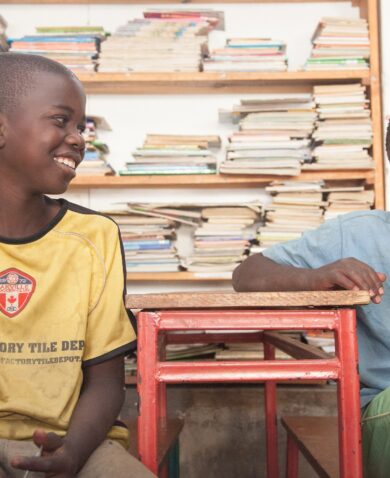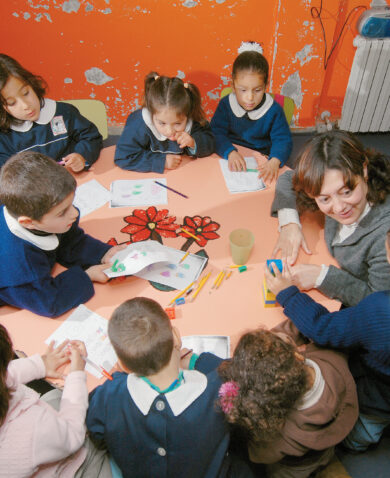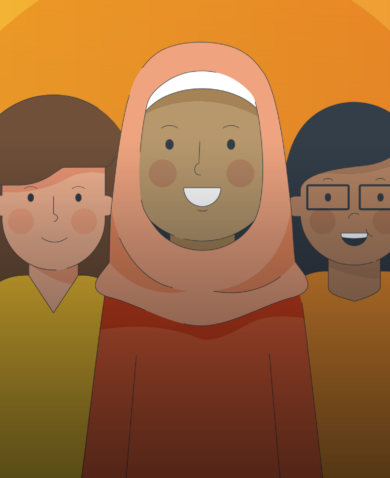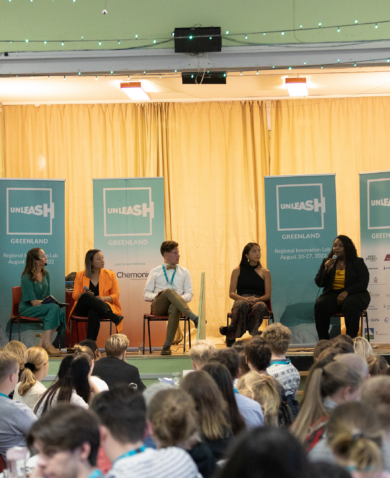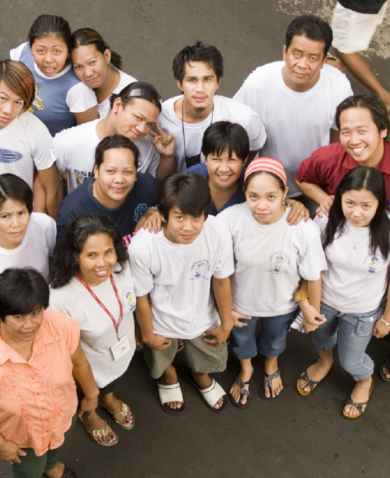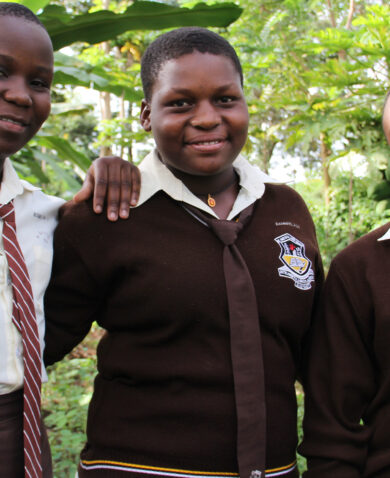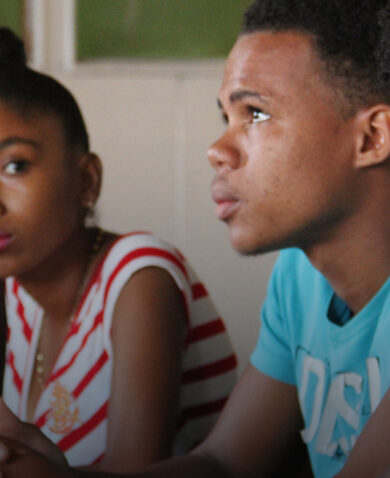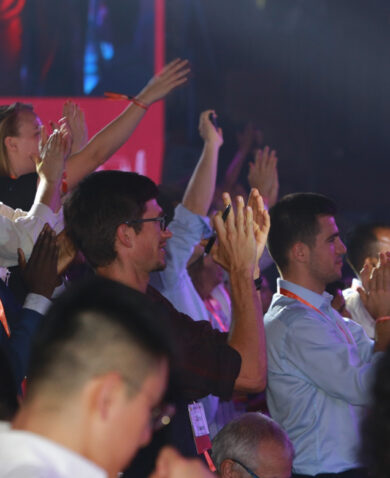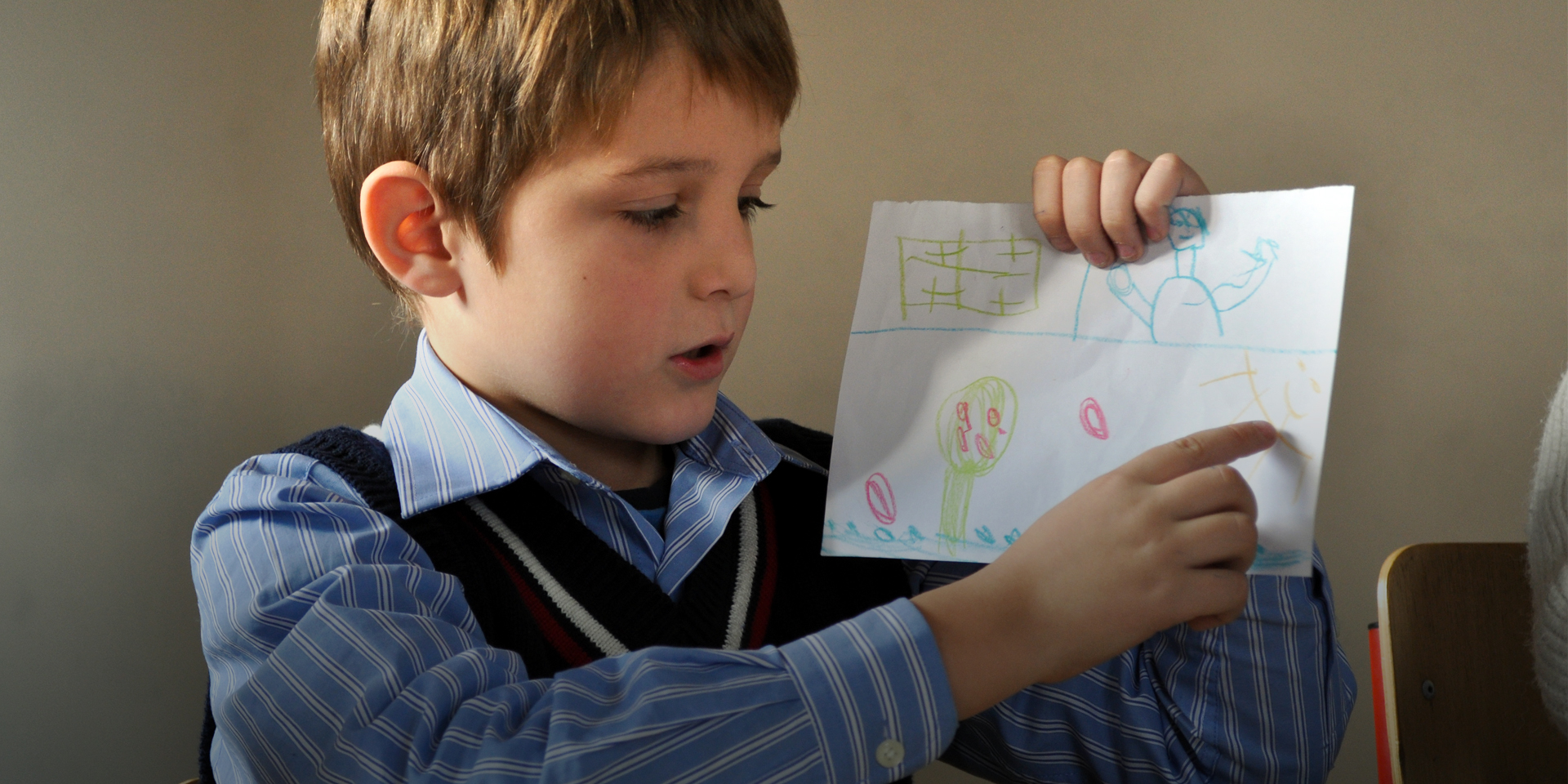
More than ABCs: Enabling Environments for Youth Start with Primary School
September 24, 2018 | 3 Minute ReadTo contribute positively to their communities and become productive adults, young people need a safe, respectful space to learn.
Youth in developing countries around the world frequently feel disenfranchised and disempowered when it comes to making a difference in their communities, regions, and nations. As a result, civic participation among youth — whether at the community or national level — may be limited, and young people are often unaware of their fundamental civil rights and responsibilities. In certain environments, disenfranchisement and a lack of empowerment can result in destabilization and violence. How can we work to create an enabling environment for youth so that they can engage in their communities and become healthy and productive young adults?
The simple answer is that we must encourage participation at a young age. Disenfranchisement and disempowerment can start at the primary level. As we strive to create enabling environments for youth, we need to consider the following:
- Make primary schools safe
- Allow student-centered exploration of topics in primary schools
- Encourage students to self-assess; self-assessment has the highest effect rate toward achieving mastery of a subject*
- Provide opportunities for all students to voice their opinions at a young age
- Bring in public officials/school leadership and school management committees to listen to students and work together to address challenges and opportunities
- Enable young students’ opportunities for civic engagement
Primary school is far from being “just a first step,” which is how a recent Mercy Corps report described the role of primary education in helping youth avoid political violence and become engaged later in life. In fact, primary school is much more than just the first step as it sets the stage for future youth engagement and empowerment. To participate in civic discourse, youth need an enabling environment that affords a safe, respectful space to learn and an opportunity to contribute to their communities. However, current educational environments around the world are often violent, disrespectful places that discourage youth from finding their own voice or appreciating their unique skills. Students are systematically taught that they cannot contribute to their own future or influence their communities, and this needs to change.
Simply put, how much students participate in their own education influences the extent to which they will engage in civic activity later. A child who is treated fairly, feels his or her opinion is valued, and receives recognition for his or her classroom participation, is more likely to participate in community civic affairs. A 2016 study from the Washington Center for Equitable Growth focused on understanding how school experiences matter when it comes to civic marginalization and political inequity. Authors Bruch and Soss connect the dots by explaining that most children comprehend their position within society in accordance to their position within school. Children learn how cultures of public institutions, like schools, construct the idea of being a citizen. “Civic deserts” are areas in which youth perceive no opportunity for them to participate. Rural communities are often civic deserts because of the physical distance youth must travel to reach a place where meaningful participation can happen. Contrarily, low-resourced schools within urban centers can also be civic deserts. Populations living in areas far from urban centers, nomadic people, and those migrating from conflict, have no real arena in which their voices can be heard.
Internationally, we can point to internally displaced populations, clan conflicts, gender inequities, and violence and ask, “how can we reform school experiences to discourage youth from supporting political violence, and how can we create an enabling environment for youth to thrive?” We must encourage young people to voice their opinions from a young age — no matter where they live or their socio-economic status. By listening to young people and involving them in the process of developing solutions and advocating for their rights and needs, we empower them and give them the opportunity to enact real change. Starting with primary school, it is critical to create a space where every student is given the opportunity to participate, explore, and self-assess. If we can nurture participation and confidence at a young age, we are more likely to see youth who are passionate about engagement and have the skills needed to make a difference in their communities. The reality is that there are still too many policies and laws, across the world, that act as barriers to young people’s health, education, employment, and overall quality of life. Cultivating an empowered generation — starting in primary school — can give youth the tools they need to become active citizens who participate in their communities and advocate for accountable and transparent governance and policies.
Giving children a voice in school, allowing them to assess their own learning, and providing young students opportunities for civic engagement leads to students who feel part of a community and understand that they can become civic leaders in the future. Schools, even at the primary level, play an important role in empowering youth with self-efficacy that leads to positive civic participation.
* Fisher, D., Frey, N., & Hattie, J. (2017). Teaching Literacy in the Visible Learning Classroom, Grades K-5. Corwin Literacy.
Blog posts on the Chemonics blog represent the views of the authors and do not necessarily represent the views of Chemonics.









